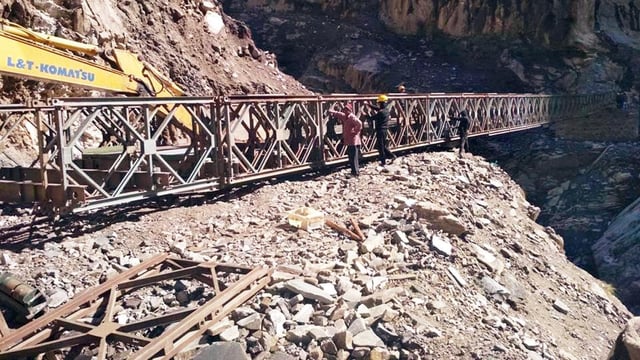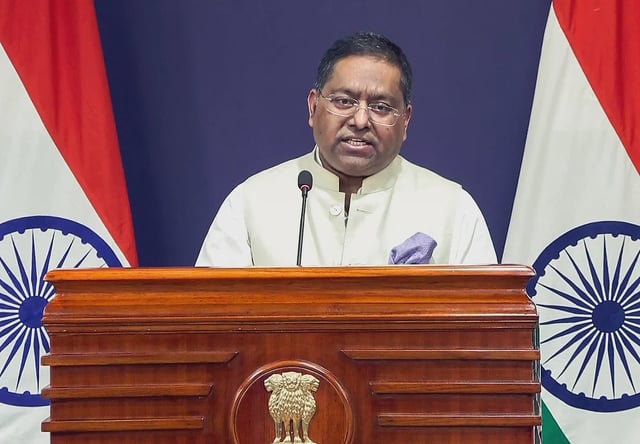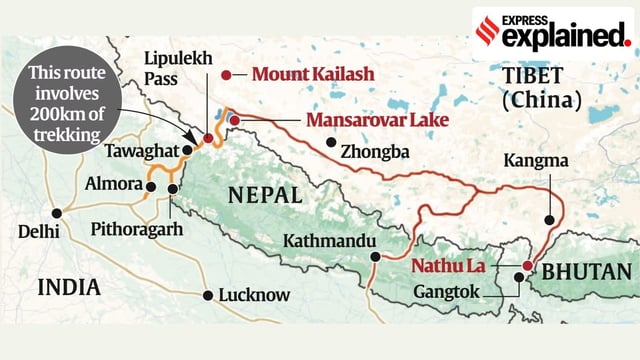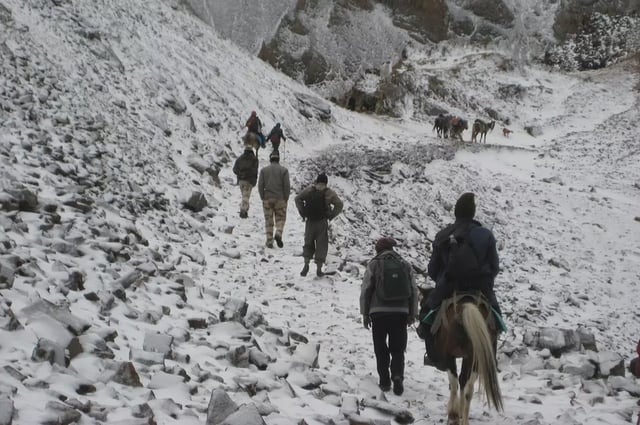Overview
- An India–China joint document after Wang Yi’s visit set the resumption of border trade at Lipulekh, Shipki La and Nathu La.
- Nepal’s foreign ministry formally objected, asserting Lipulekh, Kalapani and Limpiyadhura are in its constitutional map and urging no activity there, a position it says was conveyed to China.
- MEA spokesperson Randhir Jaiswal rejected Kathmandu’s stance as neither justified nor based on historical facts, calling any unilateral enlargement of claims untenable.
- India says trade through Lipulekh began in 1954 and was disrupted by COVID-19 and other developments before both sides agreed to restart it.
- The dispute hinges on differing readings of the 1816 Sugauli Treaty and the Kali/Mahakali river’s origin, with Nepal’s parties pressing their government for swift diplomatic action.



